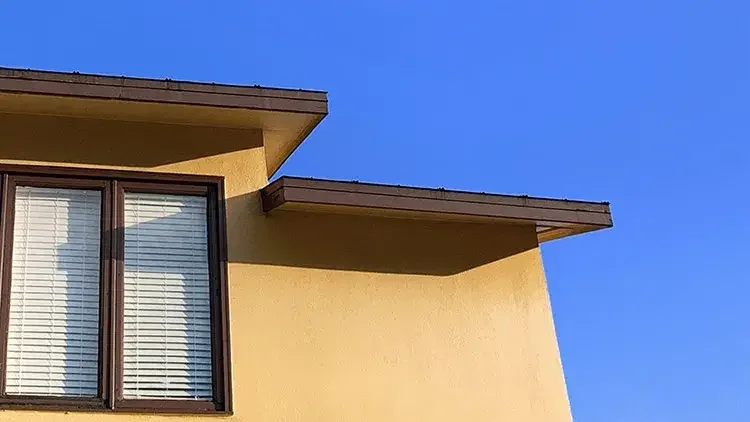
Many real estate investors think that money will make or break a real estate deal. A lack of funds can stop a potential purchaser from bidding on a property. However, it is possible to purchase real estate with no money from the buyer's pockets. If the deal is right, the funding can easily fall into place.
Although there are many ways an investor can purchase real estate without handing over a down payment at settlement, it's important to understand the pros and cons of each type of agreement before signing on the dotted line.
Here are some examples of no-money-down real estate deals:
Borrow the money
Probably the easiest way to purchase a property with no money down is by borrowing the down payment. Either find a lender offering a low interest rate, or use a home equity or other line of credit loan, which will still have the tax benefits of a normal mortgage.
You can also borrow from your real estate broker—arrange to borrow the broker's commission for a short time and use those funds for the down payment.
Assume the existing mortgage
Some purchasers can use a "subject to" contract, where the buyer uses the seller's existing financing for part of the purchase price. Using the seller's existing financing is especially successful if the current loan has a low interest rate. The buyer receives the title to a property in return for making payments on the seller's mortgage. Research of the existing loan is imperative, however, in that some loans have a due-on-sale clause, which prohibits the new buyer from assuming the mortgage.
Lease with option to buy
Many purchasers do not realize that they may be able to rent a property from the owner with an option to buy. Under the terms of the lease/option agreement, the buyer and seller negotiate a sum to be paid at regular intervals for use of the property. This agreement allows the lessor to purchase the property at a predetermined price during the term of the lease. Usually, a portion, and sometimes all, of the rental payments will be credited toward the purchase price.
Seller financing
Another easy way to acquire property with no money down is with the help of the seller. For example, a seller may decline a down payment in return for higher monthly payments. Or, the seller may pay for the buyer's down payment in order to sell the property faster.
Negotiate the down payment
Along with everything else in a real estate contract, the amount of the down payment and who pays it is almost always negotiable. A buyer may elect that the seller pay the down payment, or give credit at closing for the buyer's down payment. A buyer could also request to pay the down payment in installments, whether in monthly installments or as a balloon payment at the end of the year.
Swap personal property
Anything you own may be useful as a cash substitute for a no-money-down deal. For example, if the seller is planning to retire, your unused motor home would probably be much more valuable than a cash down payment. Cars, boats, campers, furniture and appliances are all acceptable replacements for a cash down payment.
Exchange your skills
A buyer may be able to offer skills instead of cash. Accountants, contractors, mechanics, plumbers, doctors, lawyers, and so on, all have tradable skills that would be useful in lieu of a cash down payment.
Take on a partner
Finding other cash buyers is another way to purchase a property with no money down. However, this could get messy as other hands get into the deal. To simplify this process, you can organize the deal on a smaller scale by bringing in one or two more people at the most. In return for their financing, you can promise to take on the responsibilities of putting together the deal and managing the real estate investment. You may also try to work out a similar deal with the current seller.
Take on the seller's debts
If you find a seller who needs cash to pay off other debts, you can offer to assume those debts instead of making a down payment.
Offer a higher price or better terms
Some owners may be willing to accept a higher price for the property, even if it comes in installments, in lieu of accepting a down payment.
Combine mortgages
If you already own property, you could combine mortgages in order to provide the seller with cash at closing without using your own money. You could also suggest that the seller place a second mortgage on top of the first and keep the cash, while you, the buyer, assuming both loans.
Exchange property
If you already own property, you may want to exchange it for another property. You could either exchange the property with a buyer, or use it in combination with a small amount of cash to obtain the property you want.
Research, research, research
There are certain buyers that may be more suitable for accepting no money down offers on a property than others. If a property has been on the market for a long time or is being advertised as a must sell, the seller may be more willing to negotiate. In addition, as with any real estate investment, always research the property before completing a sale.

